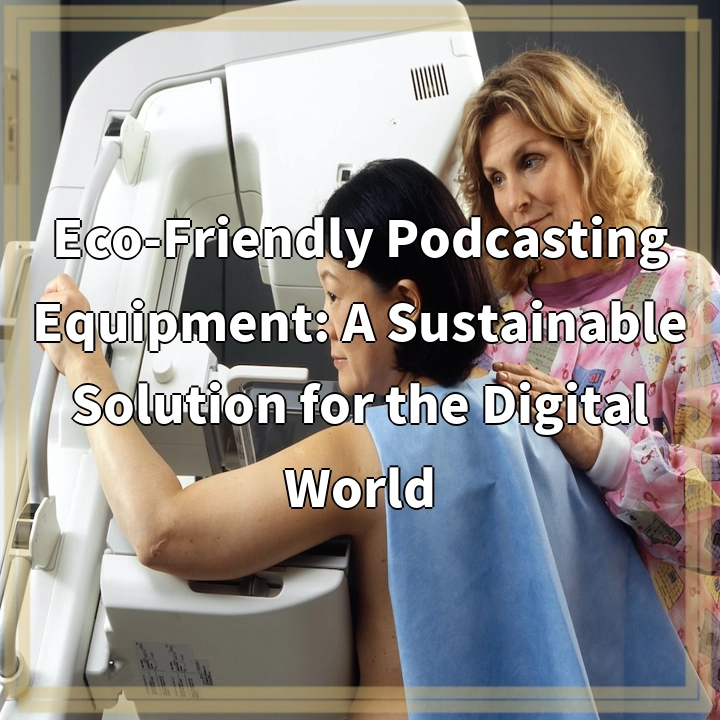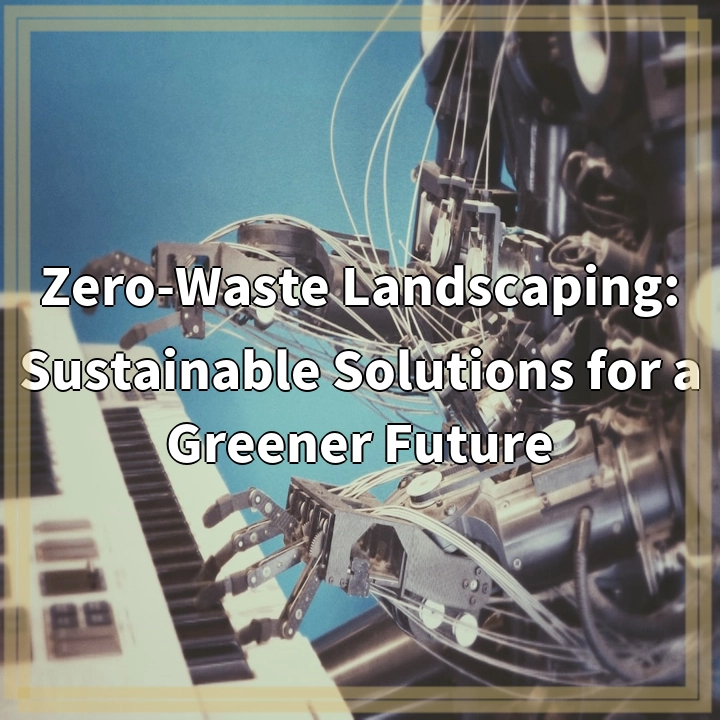
What is Eco-Friendly Podcasting Equipment?
Eco-friendly podcasting equipment refers to a variety of audio recording and production tools that prioritize sustainability in their design, manufacturing processes, and overall environmental impact. This includes equipment made from recycled materials, energy-efficient technology, and products that strive to reduce waste and resource consumption.
Real-World Problems Associated with Traditional Podcasting Equipment
While podcasting has become increasingly popular in recent years, it is important to recognize the environmental challenges posed by the reliance on conventional podcasting equipment. These issues include:
1. Electronic Waste:
Traditional podcasting equipment can contribute significantly to electronic waste. As technology rapidly advances, many podcasters frequently upgrade their equipment, leading to the disposal of working but outdated devices. This accumulation of electronic waste has serious environmental consequences, such as toxic chemicals leaching into soil and water.
2. Energy Consumption:
Podcasting requires the use of energy-intensive equipment, including microphones, audio interfaces, and recording software. The continuous energy consumption associated with podcast production contributes to carbon emissions and exacerbates climate change.
3. Resource Depletion:
The manufacturing of conventional podcasting equipment relies heavily on non-renewable resources, such as fossil fuels and rare minerals. The extraction and processing of these resources generate pollution, habitat destruction, and other adverse impacts on ecosystems.
4. Lack of Recycling Programs:
In many cases, podcasting equipment manufacturers do not offer comprehensive recycling programs or take-back initiatives for their products. This leads to a significant amount of equipment end up in landfills, further contributing to waste accumulation.

Solutions for Eco-Friendly Podcasting Equipment
Addressing the real-world problems associated with traditional podcasting equipment requires adopting sustainable alternatives. Here are some solutions to promote eco-friendly podcasting:
1. Sustainable Production and Design:
Manufacturers can prioritize sustainable practices by using recycled materials, reducing packaging waste, and designing products with a focus on longevity and repairability. This helps minimize the environmental impact throughout the equipment’s lifecycle.
2. Energy-Efficient Technology:
Choosing podcasting equipment that is energy-efficient can significantly decrease the carbon footprint associated with podcast production. This includes selecting microphones, audio interfaces, and recording software that consume less energy without compromising quality.
3. Recycling and Take-Back Programs:
Equipment manufacturers should establish recycling and take-back programs to ensure responsible disposal of outdated or malfunctioning devices. This encourages proper recycling and reduces the amount of electronic waste sent to landfills.
4. Extending Equipment Lifespan:
Instead of frequently upgrading equipment, podcasters can extend the lifespan of their devices through proper maintenance and repair. This reduces the demand for new equipment and prevents unnecessary waste generation.
5. Support Sustainable Brands:
Choose podcasting equipment from brands that prioritize sustainability in their values and practices. Look for certifications like Energy Star or eco-labels that indicate a commitment to environmental responsibility.















